Many of us stop thinking about waste once we put our rubbish in the appropriate bin. But Australia’s recycling system is not as effective as it needs to be.
We send approximately half of our recyclable waste overseas for processing. Much of this waste is contaminated with materials that otherwise belong in the general bin.
Our demand for offshore recycling has become so overwhelming that some countries have imposed restrictions on their recycling import. And with such an enormous cut back, local councils in Victoria have been forced to stockpile their waste in landfill.
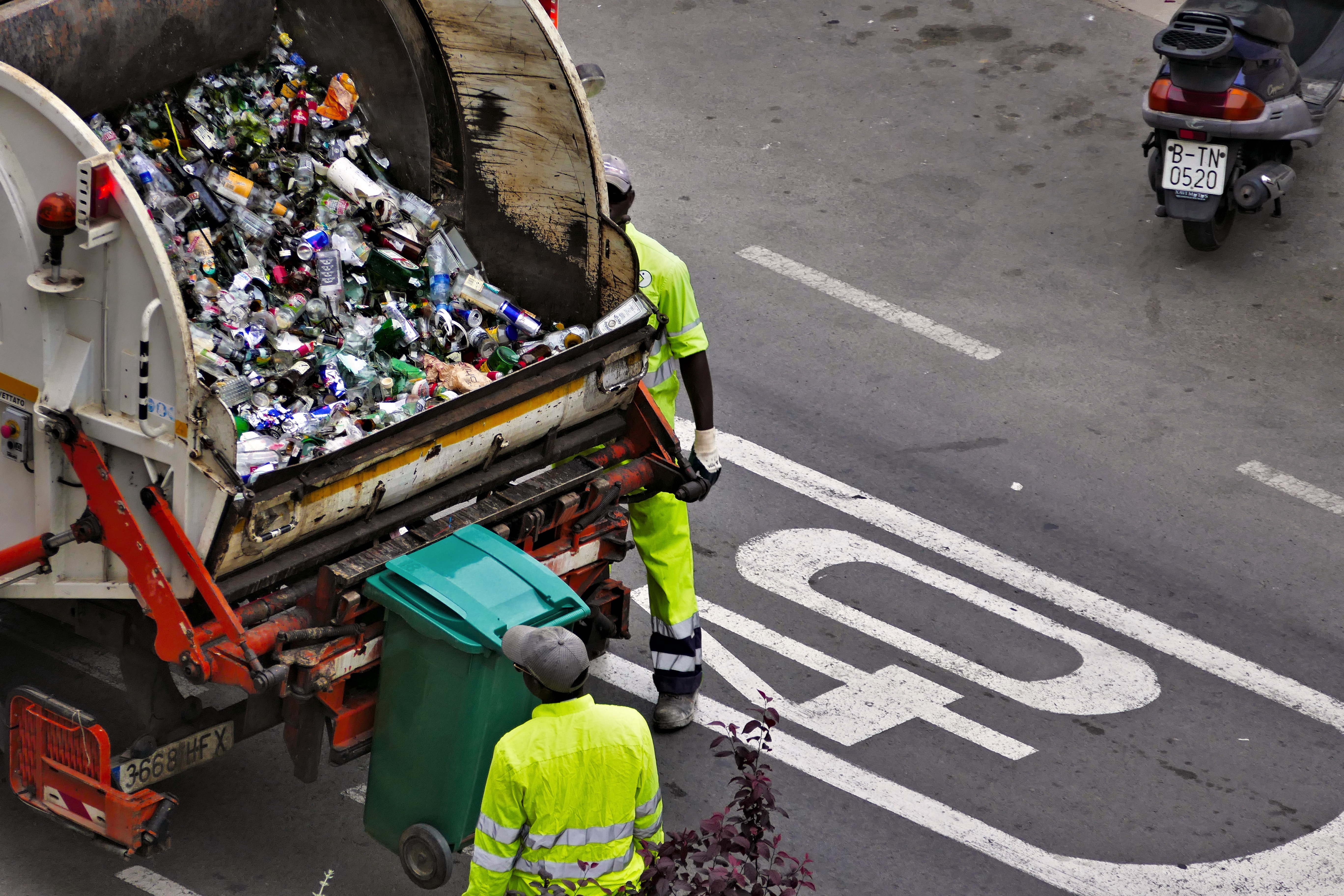
Contaminated waste is an issue for local recycling too. The fact that our rubbish can’t be adequately sorted means that local businesses aren’t keen to purchase it as raw materials.
For an industry that isn’t known for its profit-making ability, our contaminated waste doesn’t make the situation any better. But there are ways to alleviate the problems it can cause.
We really need a container deposit scheme
Dr Trevor Thornton, from Deakin University’s School of Life and Environmental Sciences, says that contamination often starts in the home. Many of us are confused about which items can and can’t be recycled, and how best to dispose of them.
He believes that state and local governments need to better educate the general public on Australia’s recycling system, so that we can take greater responsibility for our waste needs.
One way to do this would be to implement a container deposit scheme, such as that currently in place in the Australian Capital Territory.
Victoria is the only state that doesn’t have one already or is seriously looking to establish one.
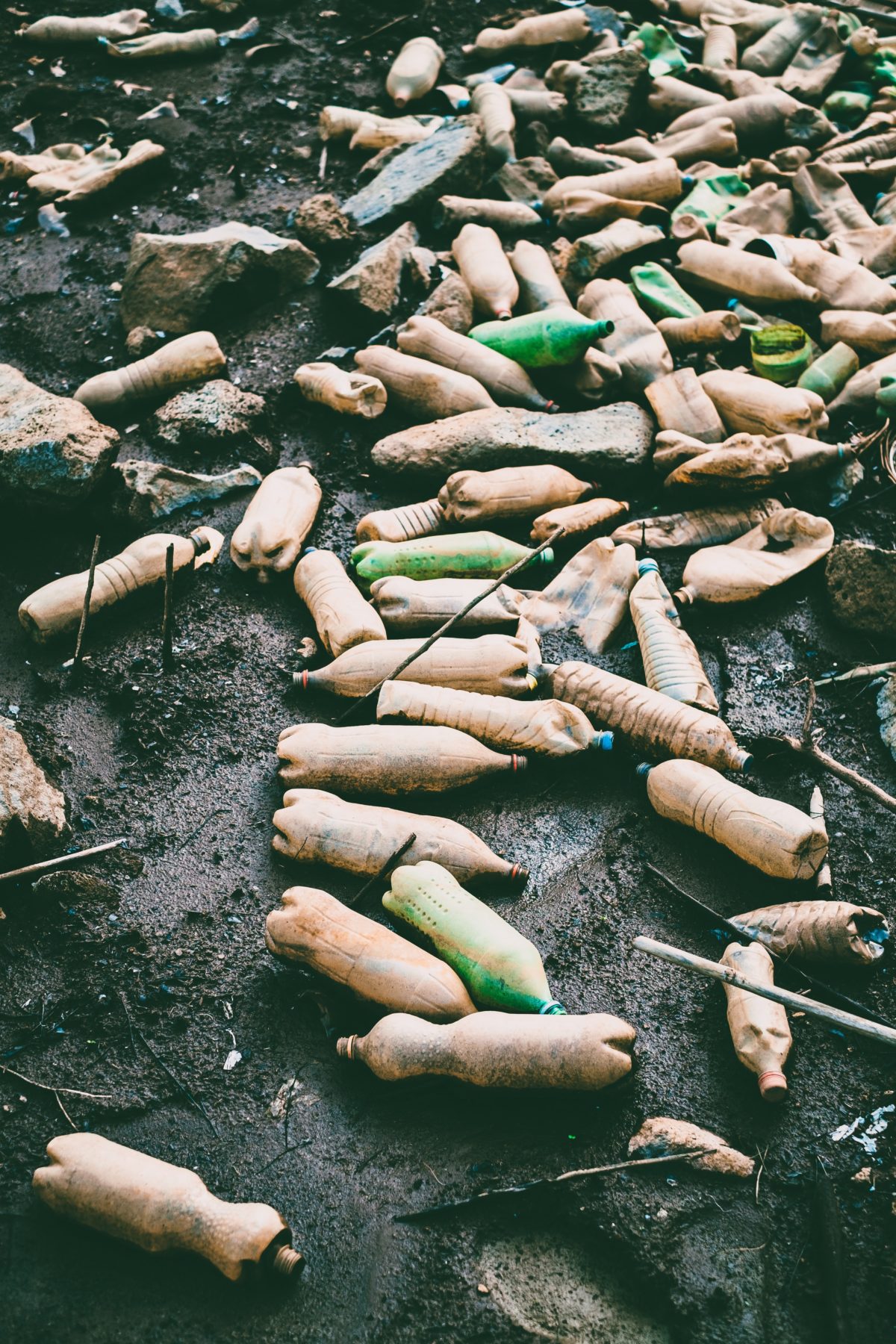
Beverage containers that would otherwise get lost in the recycling stream–such as those made from glass and aluminium – would be collected separately in exchange for a monetary reward.
Dr Thornton says that implementing a scheme like this could significantly reduce the contamination of broken glass containers in recycling streams.
“There’s also discussions happening at the moment about whether or not we should have a fourth bin put in place,” he says.
“This would also separate these materials and hopefully make our recycling cleaner and sustainable.”
Avoiding single-use plastics
Another significant contaminant is plastic. Once again, this begins in the home.
Contamination can occur when people put their recyclable waste in a separate plastic bag before putting it in the bin.
When the waste arrives at the recycling facility, the bag is difficult to access once it’s mixed in with all the other waste.
An entire bag of otherwise recyclable materials ends up going to landfill.
The tricky thing about plastics is that they can indeed be recycled.
They just need to be separated from other materials before they’re processed, something that our current systems don’t have the capacity to do.
It’s up to us to take responsibility for what we put in each bin.
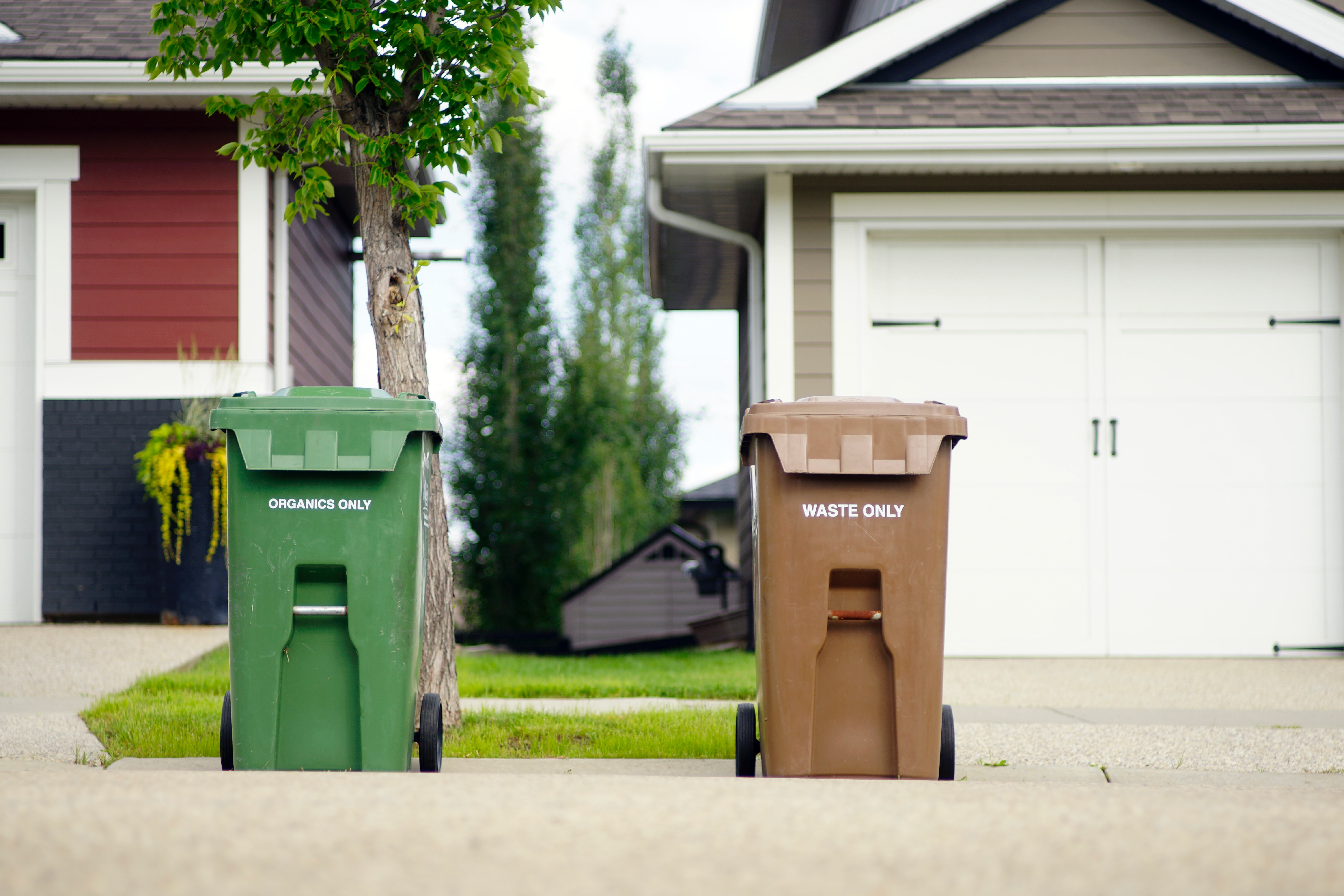
According to the waste hierarchy, it’s best to avoid using materials that have to be thrown away or repurposed. But this can be tricky, as many everyday products are sold to us under layers of over-packaging that end up in our rubbish bins.
For instance, depending on your supermarket, some food products may be sold on a polystyrene tray and wrapped in plastic wrap. In many cases, they could easily be sold without the tray.
Because over-packaging is so prevalent, we may feel powerless to minimise our use of it. But Dr Thornton reminds us that, as consumers, we have the power to complain about the way products are sold to us.
“The consumer needs to stand up, because we pay for that packaging, and then we pay for it to be gotten rid of,” he says.
“Everybody has a role in letting people know what the better options are.”
But who should you direct your complaints to?
Dr Thornton says it’s best to give a brand’s head office a call and ask for their sustainability officer. Alternatively, you could get in touch with the manager of your local supermarket.
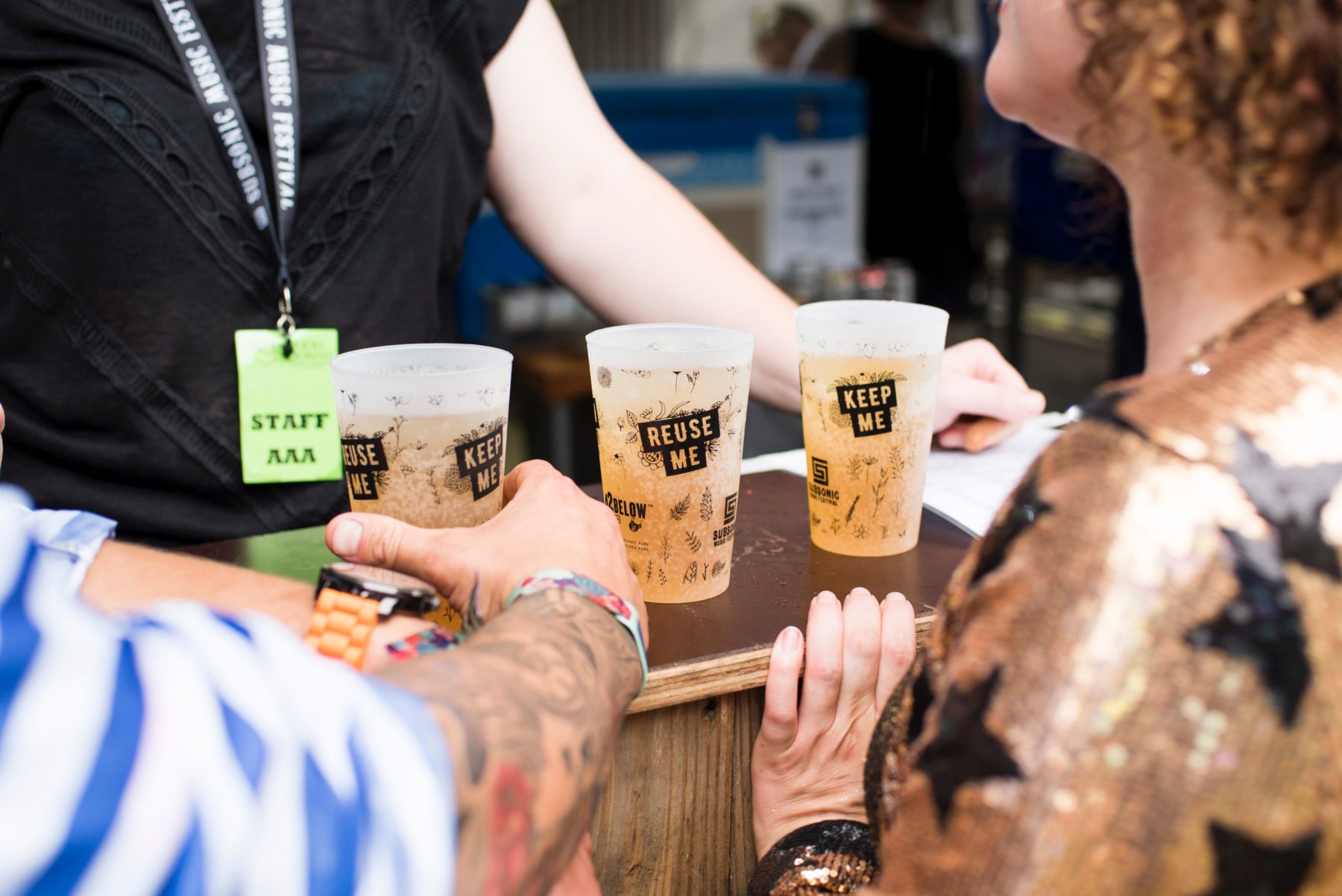
Whichever way you choose to voice your opinion, don’t be afraid to speak up about the way a product is packaged.
If brands don’t know that their consumers are dissatisfied, they’ll just continue manufacturing their products as they already do.
“If they think the customer isn’t going to buy their product anymore, they’ll respond to it,” Dr Thornton says.
Don’t be reactive
Of course, business are aware of their responsibility to minimise the waste they create. Many of them are making swift and public efforts to implement sustainable practices.
But sometimes, these efforts are reactive rather than being thought out with care.
For instance, a McDonald’s chain in the UK decided to ditch their plastic straws in favour of paper ones, which they claimed were more easily recycled.
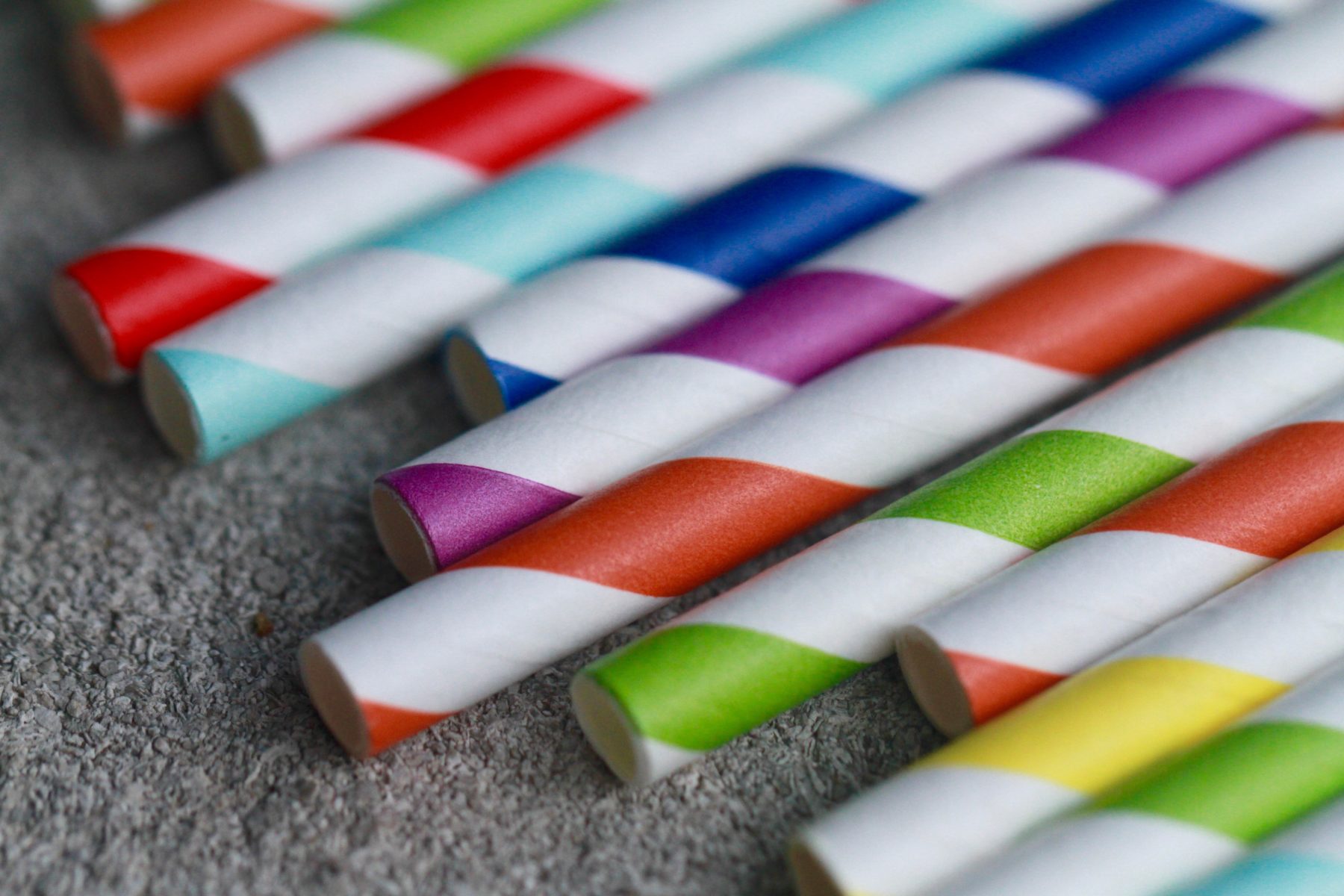
It was later revealed that the thickness of the straws meant that they took longer to break down and couldn’t be recycled after all.
As consumers increasingly demand better from brands, businesses can feel pressured to address environmental concerns immediately.
Dr Thornton says it’s best for businesses to carefully consider how they can make their business more sustainable, rather than rushing into a course of action.
The same thinking applies to the general public. You might purchase a keep cup to avoid using the paper ones that can’t be recycled.
But what use is it if a morning cappuccino isn’t part of your routine?

Or as motivated as you are to give up single-use plastics, there may be no alternatives for certain products that you rely on in daily life.
Does that mean you should give them up? It might not be viable for you.
Instead, you might decide to bring a mug and some tea from home with you to work.
Or, you could minimise your consumption of certain products instead of giving them up entirely.
The trick is to educate yourself about where your waste will end up and learn how to dispose of it in the best possible way.



